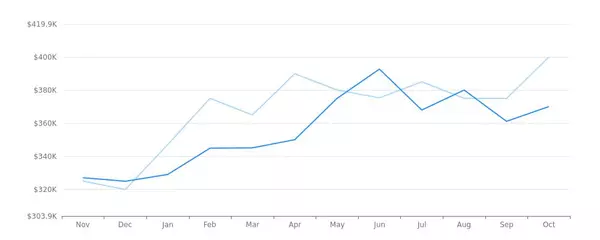Understanding Closing Costs

When navigating the real estate market as a buyer or seller, one of the most important aspects to understand is closing costs. This component of the property transaction process can often be confusing, especially for first-time homebuyers. However, a thorough understanding of what these costs entail and how they work can save you from unexpected financial surprises at the closing table.
Closing costs refer to the charges and fees that are associated with finalizing a real estate transaction. These costs can be incurred by either the buyer or the seller, or sometimes shared between both parties. They encompass a wide range of expenses such as loan origination fees charged by the mortgage lender, title insurance, property taxes, homeowners insurance, and escrow fees, among others.
Understanding how these costs work is vital to managing your budget when buying or selling a property. Typically, closing costs amount to about 2-5% of the total purchase price of the property. For instance, if the property you intend to purchase is priced at $200,000, you can anticipate closing costs between $4,000 and $10,000.
For buyers, it's essential to remember that closing costs are an additional expense on top of your down payment. Therefore, when saving for your dream home, make sure to factor in the closing costs into your overall budget. Your mortgage lender is required by law to give you a loan estimate within three business days of receiving your loan application. This estimate includes an approximation of your closing costs, which can help you to prepare accordingly.
When it comes to sellers, it's a common misconception that they don't need to worry about closing costs. While it’s true that buyers typically shoulder the majority of these expenses, sellers aren't entirely off the hook. They may be responsible for costs such as real estate agent commissions, which usually amount to 5-6% of the sale price, and transfer taxes. Sellers may also have to deal with additional closing costs depending on the agreement reached during the negotiation process.
It's worth noting that closing costs can be negotiated. For instance, a buyer can request the seller to cover some or all of the closing costs. On the other hand, sellers can offer to pay closing costs as an incentive to attract potential buyers.
In conclusion, understanding closing costs is essential for anyone venturing into the real estate market. It’s crucial to work with an experienced real estate agent and mortgage advisor who can help you navigate these costs and negotiate the best deal possible. Remember, being informed and prepared is the key to successfully buying or selling a home.
For more information, contact Shawn Wilmoth REALTOR®
ShawnWilmoth.com
Categories
- All Blogs (1000)
- Airbnb Realtor (13)
- Barndominium (6)
- Buying a home (57)
- California Buyers (17)
- Commercial Broker (2)
- Commercial Property (33)
- DR Horton Homes (5)
- East Tennessee (59)
- Experienced Realtor (40)
- Experienced Tennessee Realtor (67)
- For-Sale By Owner (24)
- FSBO (17)
- Gatlinburg (30)
- Gatlinburg Cabins for Sale (2)
- Gatlinburg Rental Homes for Sale (6)
- How to pick a realtor (14)
- Industrial Property (9)
- Invesment Real Estate Gatlinburg (4)
- Investment Property Realtor (27)
- Knoxville (66)
- Knoxville Jobs (1)
- Knoxville Zillow Reviews (1)
- Listing your home (30)
- Mobile Homes (7)
- Modular Homes (9)
- Morristown (28)
- Mortgage (3)
- New build homes (24)
- Price of Homes in Knoxville (10)
- Realtor Blog Feed (3)
- Reccomended Tennessee Realtor (48)
- Refinancing (2)
- Rental Property (7)
- Retail Building sites (4)
- Retail Land for Sale (3)
- Selling a home (19)
- Short-Term Rentals (2)
- Smithbuilt Homes (2)
- Strawberry Plains (1)
- Tennessee (39)
- Tennessee Lenders (3)
- tract homes (1)
- Vacant Commercial Land (4)
- Warehouse for Sale (1)
- Zillow Agent (1)
Recent Posts










GET MORE INFORMATION
Agent | License ID: 354366
308 N PETERS RD. STE 225, KNOXVILLE, TN, 37922, United States
